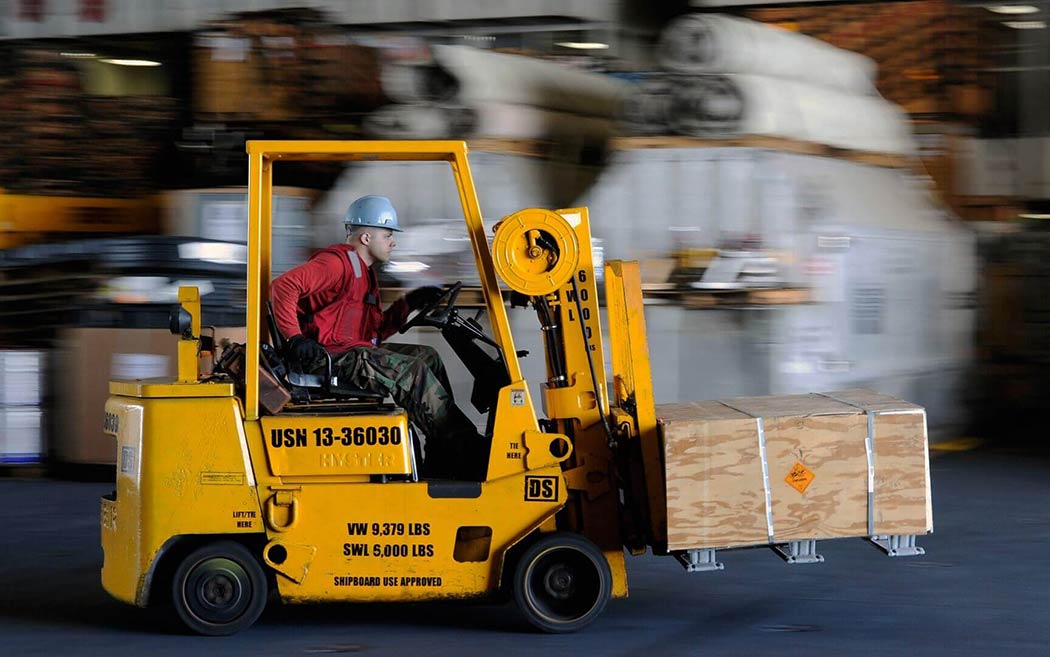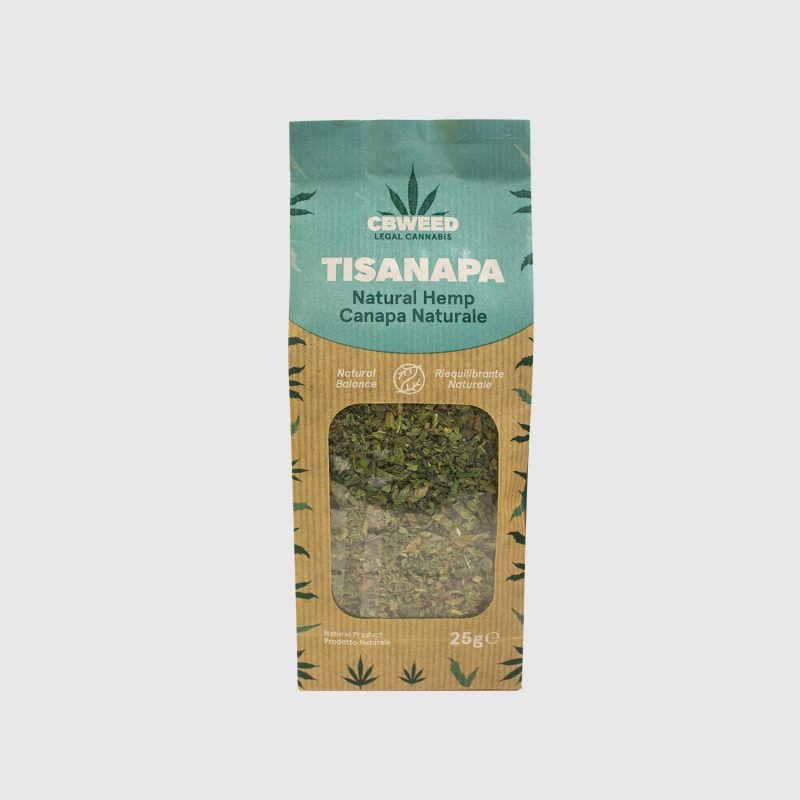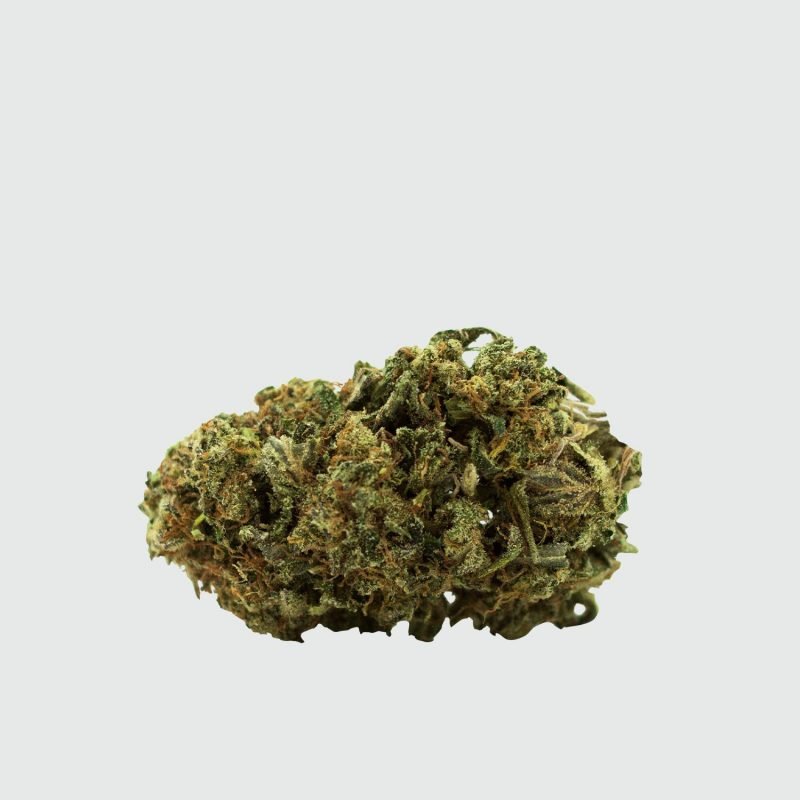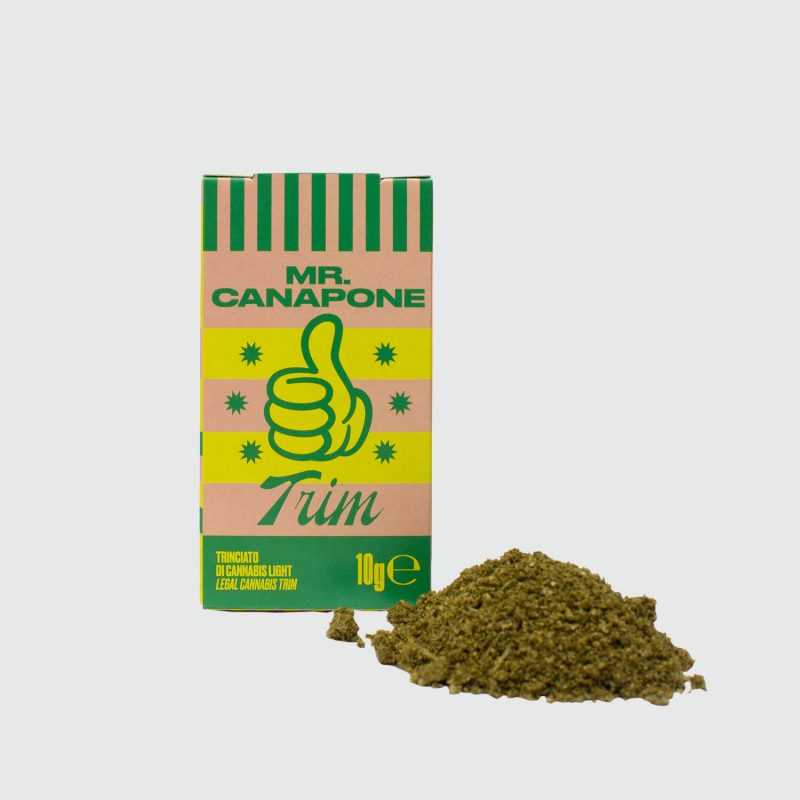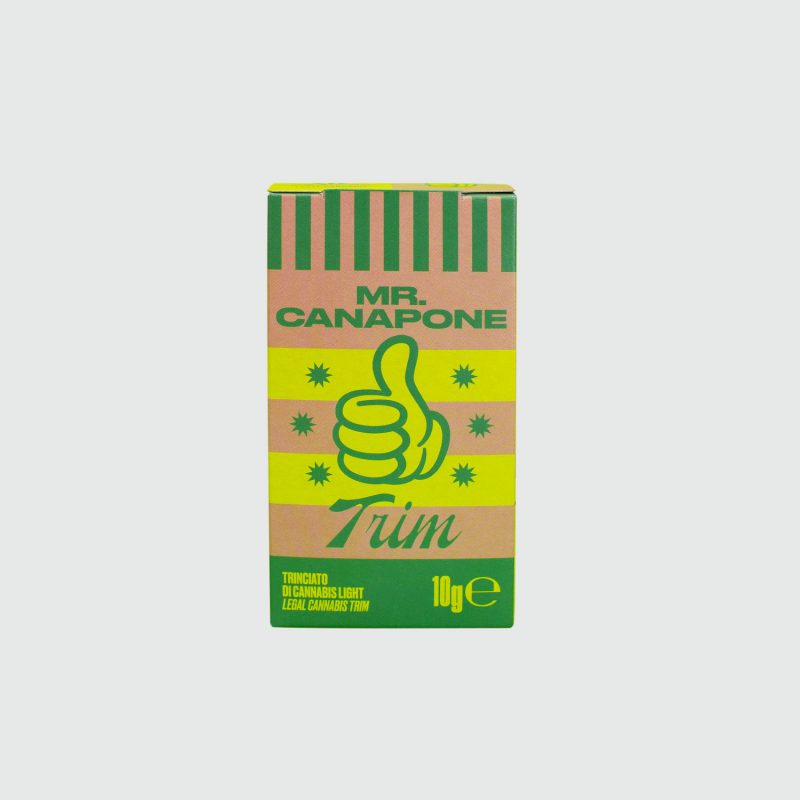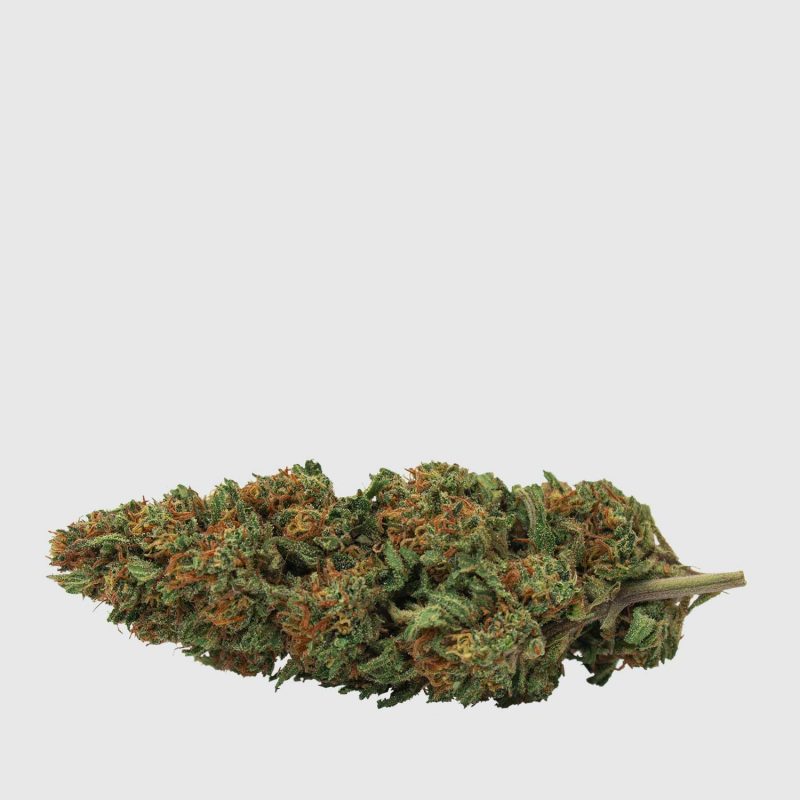Cannabis light & CBD: traces in blood, urine for drug tests in the workplace
Drug controls: how cannabis light and CBD behave
Italian legal cannabis, or cannabis light, is a type of cannabis flowers that have been produced, analyzed and certified as “low in THC”. But can consuming cannabis light create problems for those who are subject to drug tests in the workplace?
In this article, we will explain how workplace drug tests work and we will talk about some of the occupational risks related to the consumption of cannabis light.
You may also be interested in:
Is chocolate more addictive than Cannabis Light?
The offending substance: THC
Let’s talk first about the real focus of controls and sanctions when it comes to cannabis: THC. In the cannabis light flowers, there is only one cannabinoid that can be detectable and subject to penalization, tetrahydrocannabinol, or the psychoactive molecule of cannabis, as well as the main culprit of the so-called marijuana high. The totally legal counterpart that is not detected by drug tests (precisely because it is not psychoactive) is cannabidiol, also called CBD, a substance widely considered in the medical field for its anti-inflammatory, relaxing and pain-relieving properties. While for CBD there are no legal limits, THC must be lower than 0.2% in cannabis light to be considered legal (with a tolerance of up to 0.6%). Above these values, we speak of illegal cannabis and consequently of a narcotic substance.
It is important to notice that for the Italian State cannabis light is not currently a product marketed to be smoked, ingested or vaporized since there has to be a positive judgement on cannabis light consumption for recreational purposes yet. Thus, this situation creates many problems for a business that has now broken out and has established itself in the market for years without having well-defined legislation backing it.
There are those who (against the law) smoke cannabis light and are concerned about the possibility of having problems with drug tests at work. This is a legitimate concern considering that Cannabis Light still contains THC, even if in “low” quantities.
Who can be checked at work for THC values in their blood?
The categories of jobs that provide workplace drug tests.
The controls for the presence of narcotic or psychotropic substances in the blood and urine concern different categories of workers, especially those one assigned to tasks that entail particular risks for the safety and health of themselves and others. In particular, this is the case of activities related to the transport sector and the operators of cargo-handling machines, those handling potentially dangerous substances and materials and, for example, many health professionals.
Controls are often at the discretion of the employer. In some cases, they are carried out for all employees or freelancers at recruitment; in others, they’re repeated in continuous cycles during the period of stay in a certain work environment; and in others more, they’re carried out by surprise.
From forklifts operators to fireworks factories workers, up to the nurses and doctors many workers could be selected for sample drug tests and run serious risks if found positive for THC with levels above those permitted by law.
Examinations for THC research
Unfortunately, even legal cannabis can pose risks because, although the THC level is relatively low, its accumulation in the body varies greatly due to personal factors, such as metabolism and the excretion system.
The most frequently performed test in the workplace to find drug traces is the urine test, a laboratory test that can detect traces of THC-COOH, a catabolite (the substance of waste) of THC that remains in the body even several weeks after cannabis intake.
This substance is not psychoactive and, therefore, its presence reveals that the person introduced THC into his body only in an undefined past.
A possible positive corporate policy often suggests a second check, or blood tests, that are the most reliable in revealing a recent use of cannabis with the accumulation of THC. In fact, it discloses the current presence of tetrahydrocannabinol in the blood and not its catabolites.
In doing so, it is possible to certify whether at the time of the check the person is actually under the effect of psychoactive substances or if they have been in recent times.
The hair test, less practised because rather expensive and less useful, does not record the presence of psychoactive residues of THC, but it can tell if the person is a regular consumer of cannabis.
How long does THC remain in the body?
It’s important to remember that the length of time the THC and its residues stay in the body depends very much on the type of test that is carried out, as well as on a natural predisposition of the body to accumulate or dispose of the traces of cannabinoids.
For urine tests at least 3 or 4 weeks of complete abstinence are necessary to avoid positivity. For blood tests, 12 hours are enough in some people to show no trace of the element, while for others (especially for regular smokers) THC can continue to appear even after 48 hours from consumption. However, it is not uncommon to find traces in the blood even after one or two weeks.
Further differences can then be found depending on the test methodology used by the laboratory in which the sample is analyzed. In fact, some assess the concentration in the whole blood while others only in the plasma.
Attention to zero tolerance policy
In many European countries, including Italy, a zero tolerance policy is applied to workers found positive for THC who are found guilty (even criminally in the event of an accident) of having operated in dangerous conditions for themselves or others and therefore, according to the policy of many companies, could be fired.
If the subject consumes non-psychoactive cannabinoids such as cannabis light, urine and blood tests should normally have a negative outcome, but a very sustained and continuous consumption over time or a predisposition to cannabinoid accumulation could vary the outcome in an unfortunate manner for the worker undergoing checks.
For this reason, even if cannabis light contains low levels of THC, we advise you to be cautious and evaluate the fact that, for possible drug control, you could still be positive in the search for THC both in the urine tests and in the blood tests.


 Italiano
Italiano

